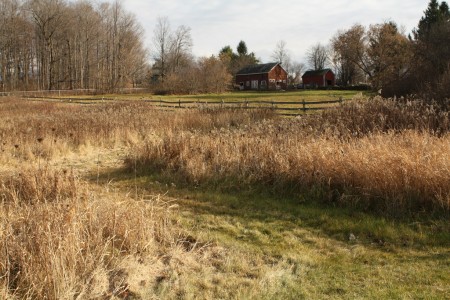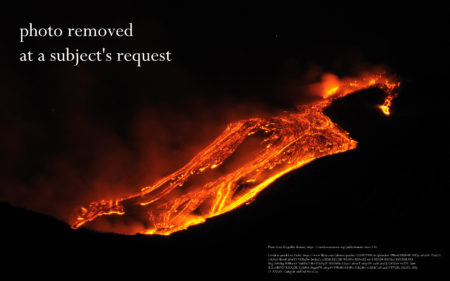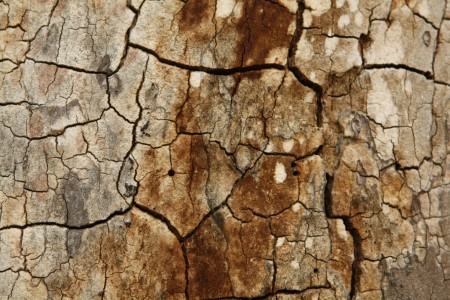
Written by a high school science teacher, Greg Craven’s What’s the Worst That Could Happen? A Rational Response to the Climate Change Debate is a worthwhile and unusual addition to the catalogue of books on climate change. Craven’s chosen task is not to determine whether climate scientists are right in their projections of what human activity is and will do to the climate; rather, he is trying to prepare readers to make the best choice, given the uncertainty that will always exist.
This is the same basic message he popularized in a series of viral videos, the first and last of which are especially worth watching:
I do have one slight quibble with both. Craven’s decision grid suggests that we will eventually be able to look back and know if we made the right choice. I don’t think that’s true. If we take aggressive action and stop climate change, we may never know with certainty just how bad it would have been if we had ignored it. No matter how sophisticated they become, simulations can never give us total certainty, and we don’t have another planet with which to run an experiment. Similarly, if we take no action and climate change proves catastrophic, we will never know for sure what level of action would have been sufficient to stop it – or whether doing so was still possible at any particular point in time.
Craven’s approach is based around heuristics: examining the ways in which people make decisions, taking into consideration pitfalls like confirmation bias, and then developing an approach to make an intelligent choice. In this case, it involves developing a way to roughly rank the credibility of sources, look at who is saying what, and complete a decision grid that shows the consequences of climate change either being or not being a major problem and humanity either taking or not taking major action. His own conclusion is that taking action unnecessarily isn’t likely to be exceptionally economically damaging, and can be considered a prudent course for ensuring that the worst does not happen.
On the question of why action has not yet been taken, Craven focuses primarily on human psychology. We respond to threats that are immediate, visible, and have a hostile agent behind them. Since climate change is none of these things, it doesn’t trigger strong responses in us. Cognitive factors also help explain why people are so confused about the state of climate science, though individual failings in information assessment are accompanied by the failure of the media to pass along good information effectively.
Craven concludes that raising political will is the key action that needs to be taken, and that cutting individual emissions is of very secondary importance. Like many others, he draws on the analogy of WWII to show what the United States is capable of achieving when it has the determination.
Some readers may find the book’s informal style and fill-in-the-blanks exercises a bit annoying, or feel that they trivialize the issues at hand. That being said, Craven has produced a very accessible book that recasts the climate change debate in a valuable new way: evaluating what choice to make, under uncertainty, rather than trying to determine authoritatively who is right. For those wishing to grapple with the practical question of what ought to be done about climate change, this book is well worth reading.




